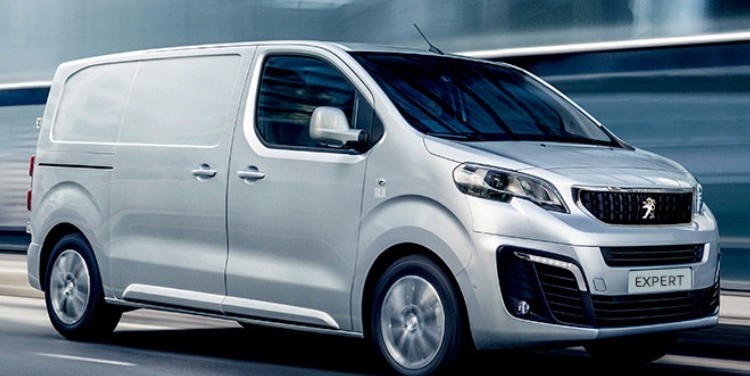From sole traders to huge national corporations, the van is an essential tool for any type of trade. Carrying packages, tools or anything else that will fit inside, owners and users are dependent on these modes of transport. Providing not only transport but built to carry loads that would not be suitable for many other vehicles, the van is the perfect go between from a pick-up truck; where the bed limits what can be transported, to the light goods vehicle which could be too large for storage or unable to maneuver where a van is able.
Vans provide secure transit of goods, offer cooling systems and protection against the elements and having a quality van is often a priority for trades people and businesses alike.
But one question keeps arising
To Buy or Lease?
Firstly, let's understand the difference between the two before we discuss the benefits or issues about these methods of possession.
Buying a van means that you own the van, simply put you purchase the van outright and this is now legally yours. You own the vehicle, and everything associated with it and all the responsibilities entailed with ownership.
Next, we have Leasing, this is an arrangement between you, or your business, and the owner of the van. You agree on a contract and pay a set amount each agreed period, and this affords you the use of the vehicle. Although you do not own it you also don't have the responsibilities of ownership and the monthly cost can be far less.
Why Buy Your Van
Imagine that you own a business and to perform certain tasks you need a van. You go out and purchase this and can proudly claim that you have business assets. While having assets certainly helps the growth and stature of your business, they also have their drawbacks.
Certainly, the most attractive benefit of owning your vehicle outright is the most obvious one, it is yours! You can do whatever you want with it. Brand as you see fit and operate as you wish.
Typically buying a van outright is the cheaper option compared to finance or a PCP (Personal Contract Purchase), especially when you have the cash and can negotiate a better price in person. Many small to medium businesses will take out a loan to purchase their vehicle and this can offer lower interest rates and repayments than many car credit options. Outright ownership means that being able to operate as you wish means that you aren't going to fall into any issues relating to mileage fees or other contractual obligations. The van is yours to drive as you see fit within the limits of the law.
Ownership also means that you have more options when you no longer need that van, want to upgrade or simply want a change. With full ownership of the van, you don't have to abide with any contractual obligations and can sell or trade-in your van whenever you feel the desire to do this. Often trading in a van against a new vehicle will get you a further discount on another van. Unfortunately, these discounts can be disproportionately small compared to the money it takes the purchase the vehicle and it’s depreciation over time as opposed to leasing a van.
Unfortunately, in modern times owning a van is usually not ideal for businesses.
As mentioned earlier, outright ownership does come with drawbacks and these include additional costs and being restricted by your budget to smaller vehicles with less features.
Firstly, the additional costs that could be potentially incurred when financing or owning a van relate to the maintenance of the vehicle.
Repair and service costs (that are often included in lease agreements) are the sole responsibility of the owner, in this case, you or your business.
In addition to road tax and MOT servicing (which again is often included in leasing agreements), in the event that the van becomes out of service then you will have to pay out to repair or replace it, regardless of ongoing company finances. The van is often so essential that, depending on your business, without having access to the van that business cannot be performed. Leasing can give businesses far more flexibility and adaptability in their cashflow.
Vans and cars are also depreciating assets that lose a considerable amount of their value over time. This means while you own the vehicle you will be losing money. So, why would you pay more to finance or PCP a vehicle that is going to lose you money.
“If it appreciates, buy it. If it depreciates, lease it.” - John Paul Getty, billionaire oil tycoon.
In the extreme case, should your business go under your business assets can be seized and by owning the van it is classed as a business asset and is subject to seizure. This can be increasingly complicated as many small to medium business owners use their business vehicle for everything including personal use and this could result in being deprived of transport.
Leasing a van
This option means that you will pay a set monthly fee for access to the van as per the agreed contract. You won't own the vehicle outright unless that is agreed at the end of the lease agreement, something that is becoming more and more available on mainstream contracts but is still not available when you lease a van with bad credit. This can have a wide range of benefits for business.
Because leasing takes its pricing from the depreciation of the vehicle, you can be far better off not owning the vehicle and not being responsible for a rapidly depreciating asset!
One of the biggest attractions that leasing a van has is the inclusion of many services that ownership would incur costs for.
For example, manufacturer’s warranty comes with all new lease vans and maintenance and servicing is often included in with a lease. Some lease agreements sometimes also include breakdown cover as well. It is the inclusion of many of these costs and services that makes leasing so attractive for business owners and tradespeople. With leasing you don’t get any surprise costs if suddenly the van stops working.
Another benefit that convinces business owners or tradespeople to lease over buying is the available selection and ability to drive the latest models of van or even a more expensive van for the same monthly cost.
Many businesses looking to lease a van in London are increasingly finding that modern vans are far cheaper on the congestion charge and ULEZ charge. Because of this, it can be far cheaper to lease a new van than to use a second-hand van!
As mentioned earlier when buying a van, your available budget can be restrictive to which van you can purchase. If you need a specific feature that comes on a particular van then you can choose this and agree on the monthly payment, instead of settling for something less suitable.
With van leasing, you can arrange to hand it back at the end of the agreement and move up to the newest model and benefit from the ease of just taking out a new lease agreement rather than selling or trading your previous van. Leasing certainly gives a layer of flexibility that is not possible with ownership. A leased van is also not considered as a business asset so is protected against any potential seizure of goods and assets related to your business if the worst were to happen.
A potential drawback with leasing is that many lease agreements have a mileage limit and exceeding this could result in additional charges. However, most businesses have predefined use cases for their vans and because of this can usually work out how many miles are needed. If you need more miles on your lease, it is also relatively inexpensive to choose a higher mileage van lease.
Which is Best?
The answer to buying against leasing isn't "one size fits all" as each person, trader or business owner has specific needs and financial abilities. For some the act of buying a vehicle outright will be the most suitable solution for their business.
For most, leasing a van will be the best option due to the low monthly prices, modern vehicles, financial certainty and flexibility that comes with many lease agreements. For some, the fact that leasing a vehicle means that you don't have to worry about the costs associated with maintenance or the value of the van depreciating over time will be excellent for budgeting. There aren't any trade-in fees or stress related to selling either.
Ultimately it will entirely depend on personal or business circumstances about which option is the most suitable for your current needs.
People who are unsure about their needs or perhaps without the financial capabilities to outright purchase a van might find leasing the more suitable and cost-effective option.
When weighing the pros and cons there are certainly great benefits to both options. However, more and more businesses are moving over to leasing their vans.
Why?
Leasing simply offers a more predictable and accountable option. During a time where businesses are struggling often to make ends meet, the potential for surprise charges can be devastating. Leasing simply offers the best of both worlds by providing set monthly payments, traders and businesses can see what is being paid and when and make appropriate budgets based on this information. Owning a vehicle comes with the potential for high maintenance costs that only increase over time as the van gets older. Having a lease for 24 months, for example, eliminates that potential cost and ensures that you can be driving a newer model with fewer reliability issues and the majority of costs are met by the company that owns the vehicle, who you have the lease agreement with. It is this simplicity and long-term predictable costs that are proving the winning formula for business' and traders at this time.
If you are looking to lease a van, we can lease vans and cars to;
1. Established Businesses,
2. New Start Businesses,
3. Businesses with Poor Credit Histories and,
4. Sole Traders.
Speak to one of our specialist van leasing consultants who can find you a great deal on a new van!
Call: 03001240979
Email: info@anycaronline.co.uk
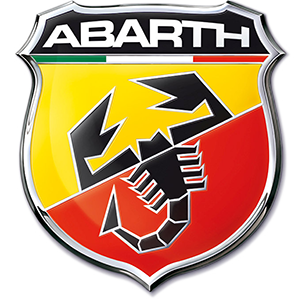 Abarth
Abarth Alfa Romeo
Alfa Romeo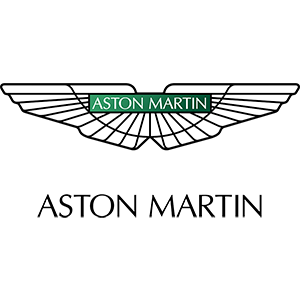 Aston Martin
Aston Martin Audi
Audi Bentley
Bentley BMW
BMW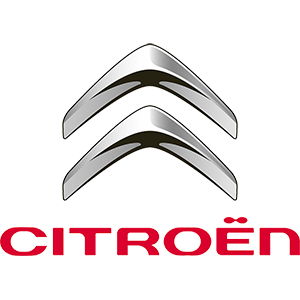 Citroen
Citroen Cupra
Cupra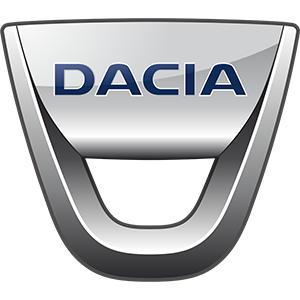 Dacia
Dacia DS
DS Fiat
Fiat Ford
Ford Genesis
Genesis Honda
Honda Hyundai
Hyundai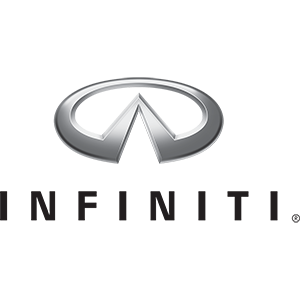 Infiniti
Infiniti Jaguar
Jaguar Jeep
Jeep KIA
KIA Lamborghini
Lamborghini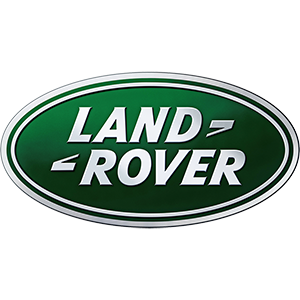 Land Rover
Land Rover Lexus
Lexus Lotus
Lotus Maserati
Maserati Mazda
Mazda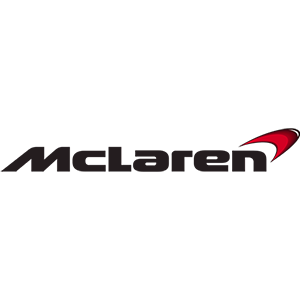 Mclaren
Mclaren Mercedes-Benz
Mercedes-Benz MG
MG Mini
Mini Mitsubishi
Mitsubishi Nissan
Nissan Peugeot
Peugeot Polestar
Polestar Porsche
Porsche Renault
Renault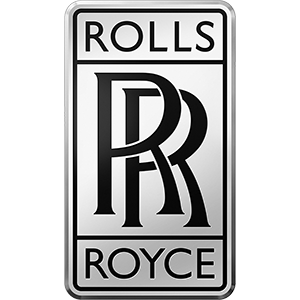 Rolls-Royce
Rolls-Royce Seat
Seat Skoda
Skoda Smart
Smart Ssangyong
Ssangyong Subaru
Subaru Suzuki
Suzuki Tesla
Tesla Toyota
Toyota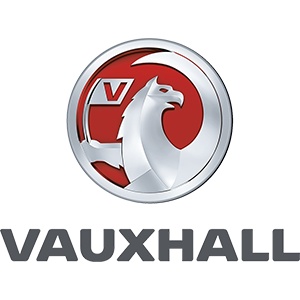 Vauxhall
Vauxhall Volkswagen
Volkswagen Volvo
Volvo
 SUVs & 4X4s
SUVs & 4X4s City-Cars
City-Cars Coupe
Coupe Convertible
Convertible Estate
Estate Hatchback
Hatchback Saloon
Saloon MPVs, People Carriers & 7-Seaters
MPVs, People Carriers & 7-Seaters Minibuses
Minibuses Prestige
Prestige Performance
Performance Electric
Electric